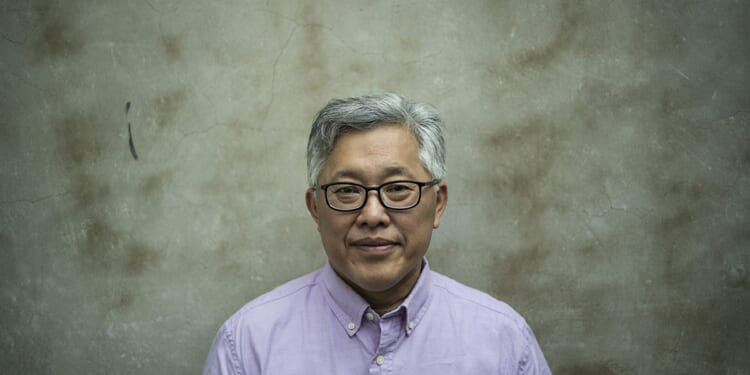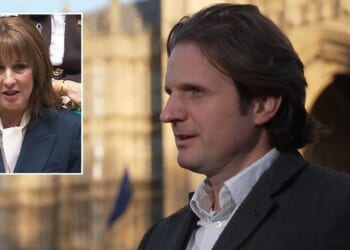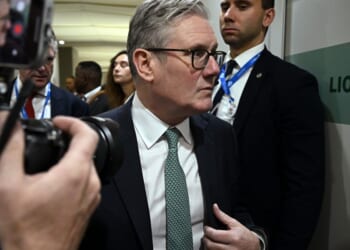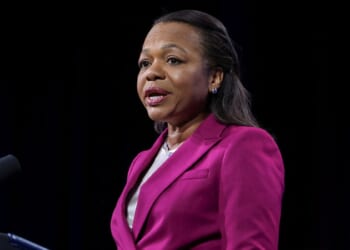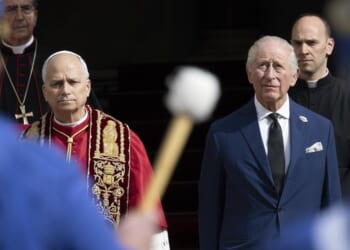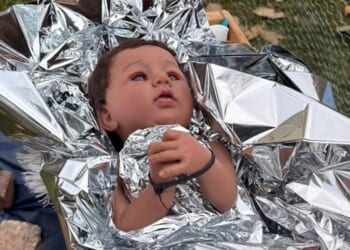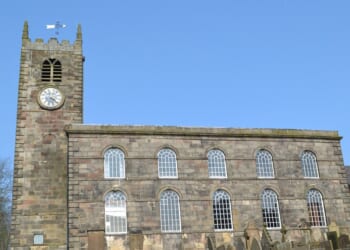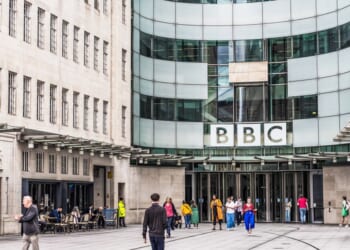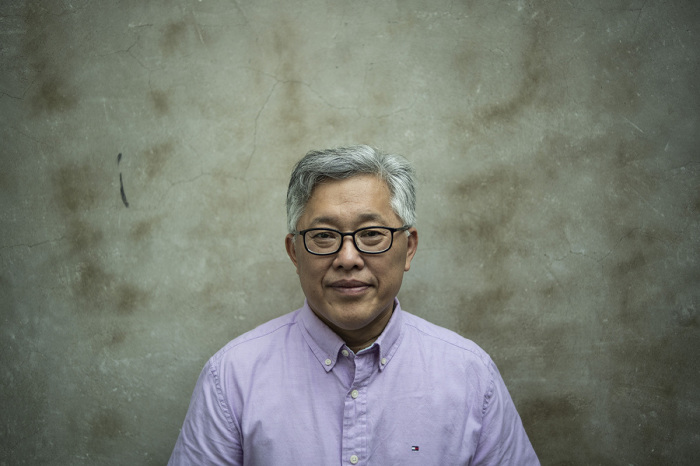
The Trump administration has called for the immediate release of an underground church pastor detained in China whose children are American citizens. The State Department’s demand follows a sweeping crackdown by Chinese authorities on unregistered religious groups.
Pastor Jin Mingri, also known as Ezra Jin, was detained Friday at his home in Beihai, Guangxi Province, according to his daughter. Around the same time, nearly 30 other leaders and members of Zion Church were either arrested or reported missing from multiple cities, including Beijing, Shanghai and Shenzhen, The New York Times reported.
Secretary of State Marco Rubio issued a statement condemning the arrests and urging Beijing to allow people of all faiths, including house church members, to worship without fear of retribution, a position that has become increasingly contentious amid growing U.S.-China tensions.
“This crackdown further demonstrates how the CCP exercises hostility towards Christians who reject Party interference in their faith and choose to worship at unregistered house churches,” Rubio said in the statement.
Jin, 56, is the founder of Zion Church, a nondenominational Evangelical congregation that emerged in 2007 and grew into one of China’s largest underground churches. The pastor, who joined the pro-democracy protests during the Tiananmen Square demonstrations in 1989, converted to Christianity soon after and graduated from Fuller Theological Seminary in California.
Zion Church was officially shuttered in 2018 after authorities raided its Beijing sanctuary, prompting the church to move services online and expand its network across China.
Zion’s virtual services often drew as many as 10,000 participants on Zoom, YouTube and WeChat, among other platforms, according to The Wall Street Journal.
Jin’s daughter, Grace Jin Drexel, a U.S. Senate staffer living in the Washington area, said her father continued leading the church remotely while under constant surveillance and barred from leaving China. His wife, Chunli Liu, a Chinese national, has been living in the U.S. since 2018 with their three children, all of whom are American citizens.
“They are afraid of my husband’s influence,” Liu was quoted as saying in a video interview. Grace said her father had tried to visit the U.S. Embassy in Beijing recently to renew his visa, but authorities intercepted him, drove him to the airport and forced him to leave the capital. The family had no contact with him following his detention, and it remained unclear whether he had been formally charged.
Pastor Sean Long, a Zion Church leader based in the U.S., was quoted as saying that the church expected Jin to face charges related to the online dissemination of religious content, an offense that has become more strictly regulated since new rules were issued in September requiring religious activity to be conducted only through state-registered channels. Long said church leaders were preparing for the possibility of Jin receiving a lengthy prison sentence.
Grace Jin said her father had spoken of stepping back from his leadership role in order to reunite with his family. “… It seemed like something big was going to happen again,” she told the Times. “We just didn’t know when or to what extent.”
Many members of Zion Church have expressed fear that the crackdown will expand further. On Sunday, concern mounted as congregants shared news of detentions and missing leaders, with some fearing that the entire church leadership could soon be imprisoned, according to the Journal.
Bob Fu, founder of the U.S.-based group ChinaAid Association, said the detentions represent “the most extensive and coordinated wave of persecution” against underground churches in China in more than 40 years.
Corey Jackson, founder of Luke Alliance, another U.S.-based advocacy group for persecuted Christians, called the sweep the most significant since 2018, warning that the situation could deteriorate further.
The Chinese Constitution nominally guarantees freedom of religion, but the Communist Party, which officially endorses atheism, only recognizes state-approved religious organizations.
Tens of millions of Chinese Christians are believed to attend house churches, which operate without government registration and are often harassed by police. Even the government-approved Three-Self Patriotic Movement for Protestants and the Chinese Patriotic Catholic Association for Catholics are subject to surveillance, censorship and control by state-appointed clergy. Some have also faced closures or demolition for resisting political directives.
Under Xi Jinping’s leadership, China has intensified its scrutiny of unofficial religious groups, branding some as cults and urging citizens to report them.

